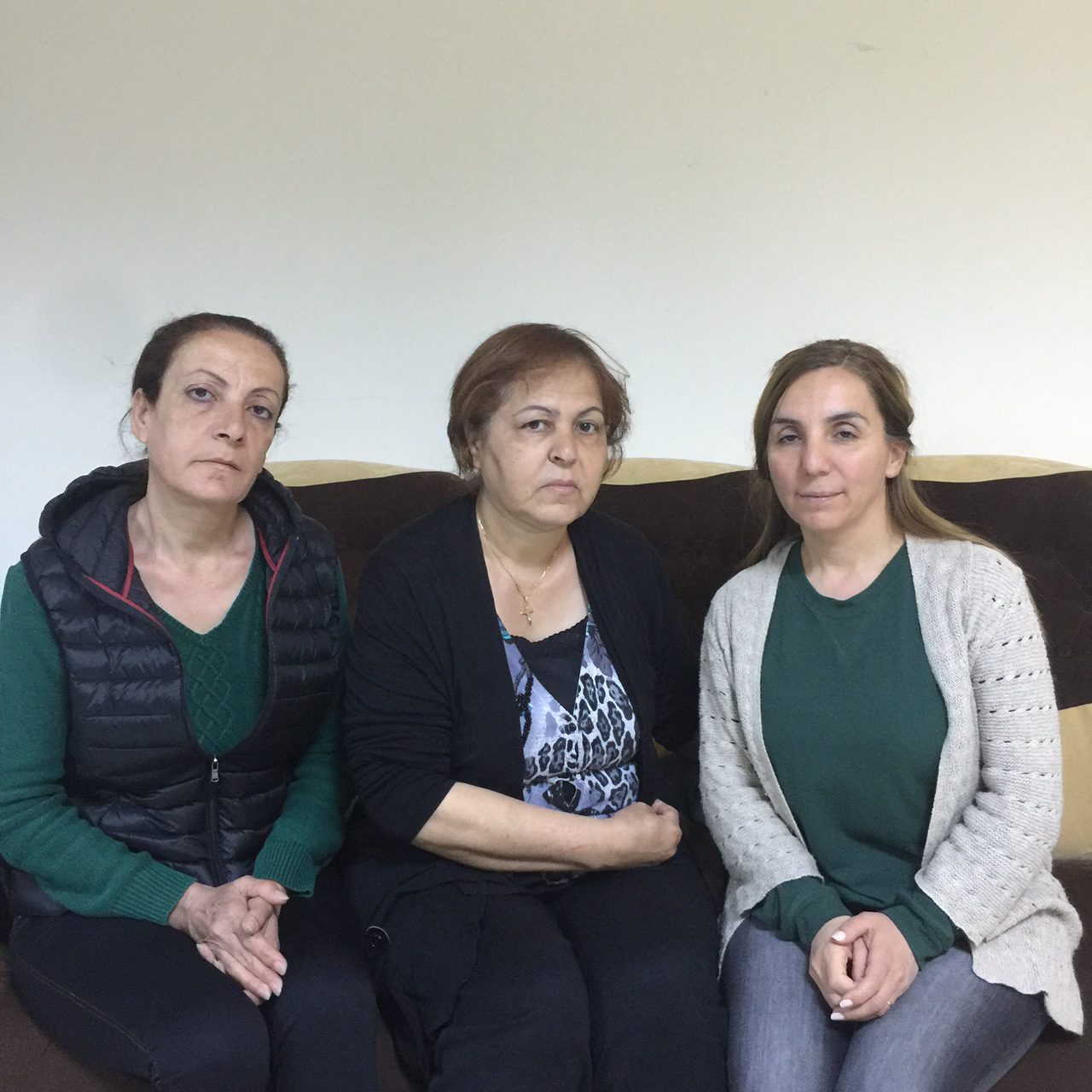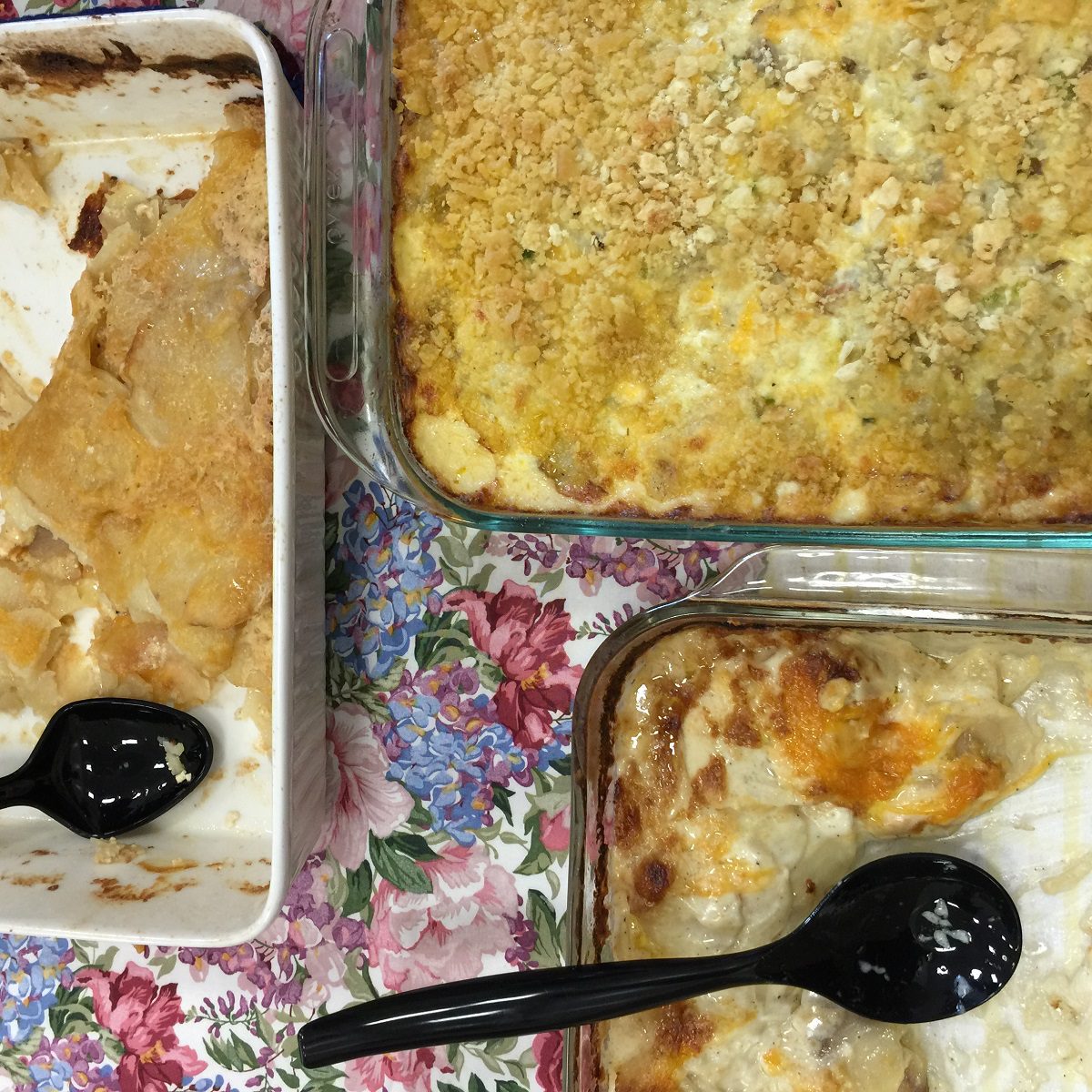What do you call a refugee woman whose child has special needs? The answer cannot afford to be lost in translation.
It should be an obvious answer. But it got lost in translation (literally) when I visited last month with a group of people who had fled the Syrian city of Aleppo. And this exchange taught me an important lesson about how we can and should help refugee communities tell their story.
Our host, the organizer of relief efforts for Syrian refugees, had helped arrange for a translator to help me during my conversations with this group. Conversations like this can be tough. You hear things that make you realize that yours is a life of comfort and ease compared with the harsh reality that they are living. As I talked with this group, some uncomfortable, but important, themes connected them with other refugees I have met. The theme that emerged was one of uncertainty. These women were uncertain if many of their friends and neighbors were still alive. They were uncertain of what happened to their homes or if places they love were among the remnants or rubble back home in Aleppo. They were uncertain about how long they could stay in the small apartment they now call home in a city that is unfamiliar to them.
This conversation included a special layer of complexity. The women I was meeting with had children with special needs. So what was already an urgent situation required a layer of special attention. Back home in Aleppo they had found ways to help their children learn in environments where they were safe and understood. As any parent knows, this takes extra energy and worry and time to create even in an environment that is relatively stable and familiar. But in a new city, forced to leave with what they could carry, these women now had to find a way to help their children so that learning challenges did not push their kids further into the shadows of an already uncertain future.
What they showed me was a moving example of resilience and community. These women did what parents have been doing for centuries. They came together to pool resources and talents. Working with the support of the United Nations and local centers like ALEPPO, they found teachers who could help their children thrive in a classroom. Local organizers helped them find a space and many of the parents served as classroom aides. Donated materials (school supplies, art materials, instruments, etc.) helped these people replicate a small piece of what had been their children’s learning environment back home.
Up until this point, I had not thought a lot about the special needs of children who were part of this community. There is no good reason why, but I imagine the staggering numbers and the stark realities of food, housing and basic education had overshadowed what I know, as a parent of children with special needs, is a primary concern for any parent. These are not “luxury” items but are the necessities of what any parent knows they need to provide for their kids. I was humbled as I realized that there are so many layers to the refugee situation around the world that get lost in the headlines. Or maybe they get lost because we cannot comprehend the reality unless we are in it.
Toward the end of my visit the translation “mishap” took place that was one of the most valuable lessons I learned that day. At one point in the conversation I wanted to clarify what term the mothers used to describe their volunteer efforts as part of this community. I thought I had heard a word but my broken Armenian and the noise of the children happily about their classroom routine got the best of me. I turned to the women and said, “What is the word that you use to describe yourselves?
I should have seen the answer coming. But it hit me as a humbling reminder.
“We call ourselves Moms.”
I did not know how to respond. It was pointless to try and explain why I had asked such a basic question. The beauty and simplicity of the answer brought the conversation to a new level.
“Of course.” was all I could muster in reply.
And with that, the special nomenclature, the hurdles and complexities were boiled down into something powerful that connects all of us. Their “refugee status” did not change their “parent status.” And so the parents came together to find resources and raise their voices to clamor for what their kids need. As we seek to learn more about this situation and advocate for and help raise the voices for refugees everywhere, I hope we will remember that what makes the situation urgent is not just the complexity but the humanity involved. This, as the Humanitarian Summit opens in Istanbul, is what it means to help #ShareHumanity.

